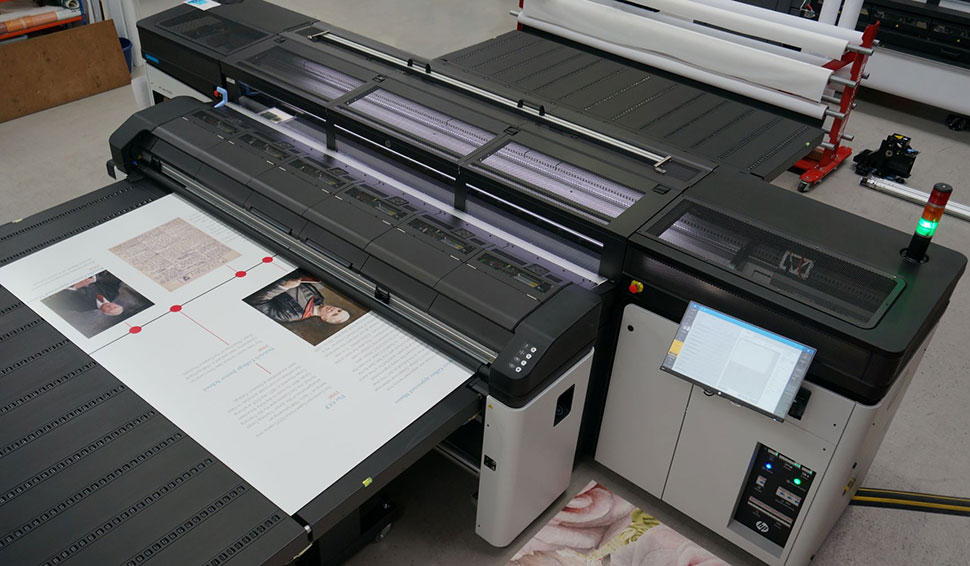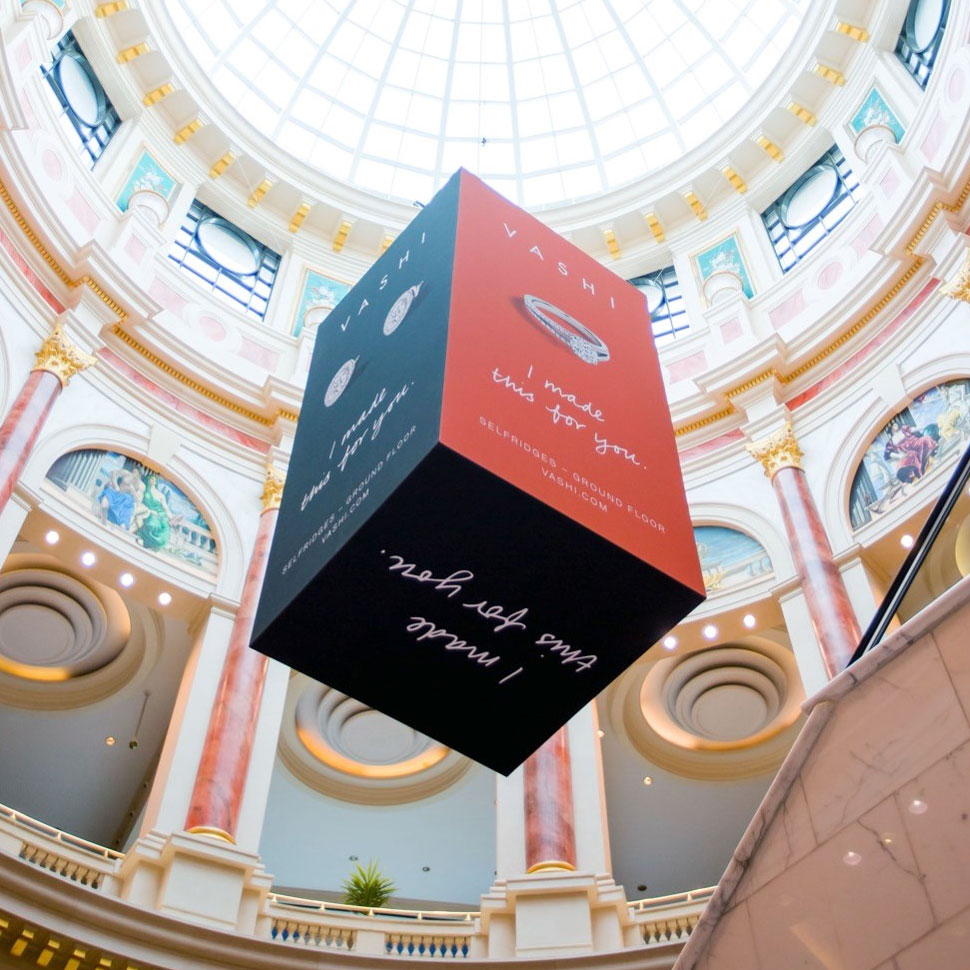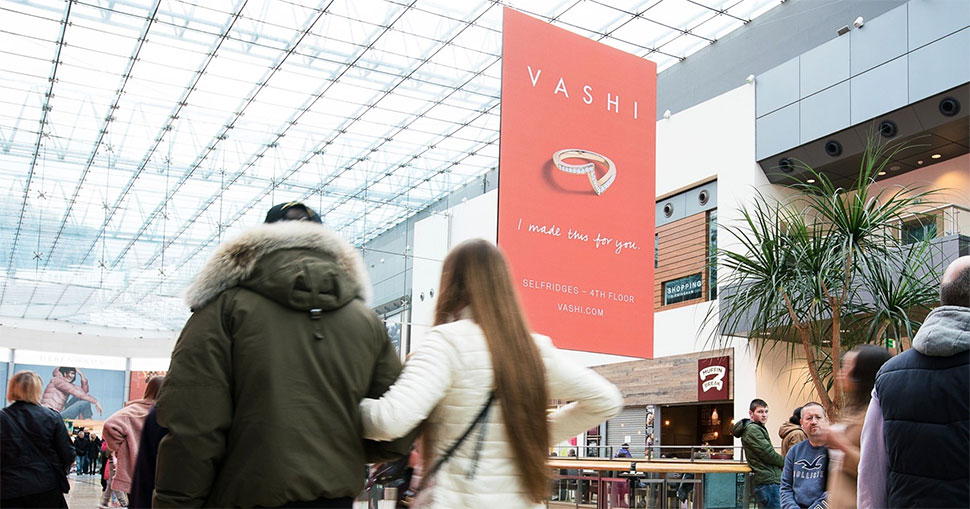Environmental impact has never been a more important issue. It’s changing the way businesses in every industry work, and when it comes to print media, clients need the reassurance that their campaigns adhere to their own sustainability policies and goals.
PressOn’s clients have been taking steps to improve their sustainability, which in turn led to us reflecting on the action we can take to reduce our own emissions, plastic waste, and environmental impact.
Large format print is an industry that has historically struggled to adapt to a more sustainable model, but by adopting a forward-thinking approach, PressOn have been able to make positive improvements in several ways.
Materials and Machinery
Typically, inks, substrates, and printing machinery have the largest role to play in the environmental impact of a project, and as the market has evolved, new offerings have become available to improve sustainability.
PressOn have embraced the potential of these developments, making improvements in the following areas:
- Moving away from PVC
PressOn no longer uses PVC as a primary substrate. Instead, we have experimented with a multitude of less-environmentally-harmful alternatives.
We wrap taxis in PVC-free vinyl; we create floor graphics in aluminium-based materials, and displays that were once PVC-based can now be substituted directly for recycled polyester PET products - from window graphics to tension fabric frames.
These polyester-based substrates are easier to transport; they’re less bulky, and can fit in much smaller, more energy-efficient vehicles, further reducing carbon impacts.
- Water-based inks
PressOn have completely removed all solvent-based, UV-cured ink from our portfolio. We now use UL ECOLOGO and Greenguard certified water-based inks from HP, eliminating harmful emissions.
The cartridges for these inks are also made from recycled plastic, and are further recycled once they have been used.
- Cutting-edge machinery
Along with less-harmful inks and substrates, PressOn use industry-leading printing machinery from HP for our projects. The printers we operate are constructed using recycled components, and similarly to the inks we use, are recycled at end-of-life.
Processes & Partnerships
PressOn have taken steps to improve our processes and procedures in line with a more sustainable approach to print media production. We’re able to pass all of the benefits of these on to our clients:
- Partnership with HP
PressOn have formed a collaborative partnership with industry leaders Hewlett Packard, ensuring that across all our inks and machinery, environmental-impact is accounted for at every stage of a project.
HP are committed to facilitating sustainable signage, and work with PressOn to recycle ink cartridges and even the printing machinery itself through a progressive ‘take-back’ scheme.

- PressOn are zero landfill
What happens to printing materials at the end of a campaign? This is an often-forgotten element of a project, but if end-of-use isn’t taken into consideration then even sustainable materials can end up in landfill.
PressOn work with recycling specialists Veolia to ensure that all the materials and products we use are sent for energy-recovery after a project is over - contributing to a positive overall impact, which isn’t possible with traditional PVC-based materials.
- Shortening the supply chain
PressOn have established a procurement process that places emphasis on a conscientious approach to the environment above minimising spend.
Where possible, PressOn source the materials for our projects from British manufacturers, shortening the supply chain, and lowering emissions and carbon footprint in the process.
Forward-thinking Solutions - Tension Fabric Frames
From mall media to innovative pop-up installations, PressOn have moved away from PVC banners to offer recyclable, reusable aluminium tension fabric frames. These offer a multitude of benefits compared with traditional alternatives, including:
Reusability:
The graphics in these installations can be swapped in and out, meaning the installations can be used repeatedly
Recyclability:
and the materials used - aluminium and PET fabrics - can be recycled in situ, at end of life.
Versatility:
Tension fabric frames can be designed in any shape, size, and style. From hanging banners to 3D cubes, these solutions offer endless possibilities.






